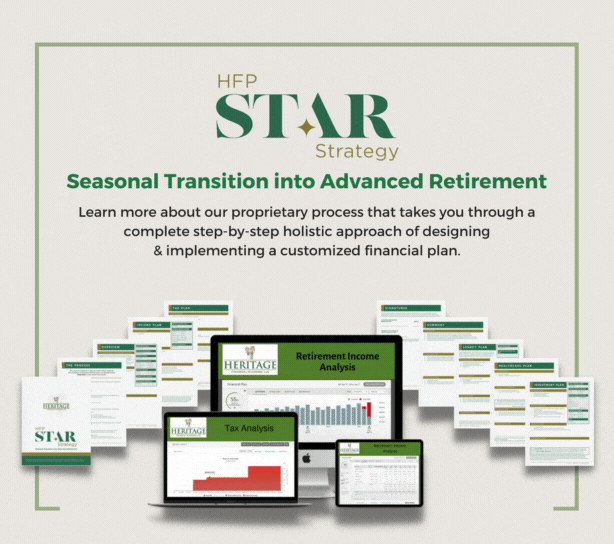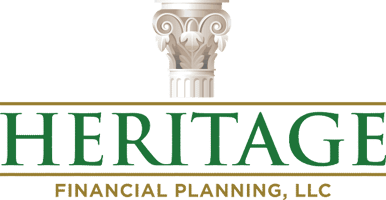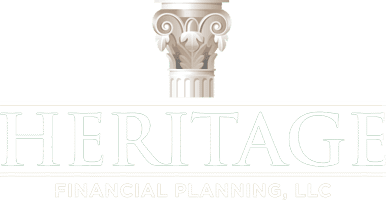Many may perceive trusts as a complex subject better left to our attorney. However, a trust is simply a contract initiated by a grantor who agrees to transfer assets to a beneficiary, who then receives the assets as stipulated in the trust contract. A trustee, who may also be the grantor, manages the trust assets and ensures the stipulated terms of the trust are faithfully executed.
A trust is designed to help individuals manage a variety of family and tax-related estate planning concerns. Here are a few ways in which trusts can be used:
Revocable Living Trust. A revocable living trust is an estate planning trust that deeds property to an heir but allows the grantor to retain control over the property during his or her lifetime. Upon the grantor’s death, the property passes to the beneficiary, avoiding probate, which is the judicial process wherein a court appoints an executor to carry out the provisions of a will. While the revocable living trust does not provide tax savings for the grantor during his or her lifetime, the trust becomes ‘irrevocable’ upon death, and the beneficiary is then entitled to tax advantages.
Irrevocable Living Trust. An irrevocable living trust is an estate planning trust wherein the grantor does not retain control of assets or property. The grantor may be eligible for certain tax savings by transferring assets or property into the trust. An irrevocable living trust may also be used to avoid probate.
Irrevocable Life Insurance Trust (ILIT). An irrevocable life insurance trust is designed to provide tax savings through the ownership of a life insurance policy. Assets in the trust are generally not considered part of the grantor’s estate. ILITs may be funded or unfunded. With a funded ILIT, income-generating assets are transferred into the trust, and the generated income is then used to pay the premiums on the life insurance policy. With an unfunded ILIT, the grantor makes yearly gifts to the trust, and this money is then used to pay the premiums on the life insurance policy.
Credit Shelter Trust: A credit shelter trust, also called a bypass trust, is an estate planning tool used to protect assets from successive estate taxes. While current law permits an unlimited amount of assets and property to pass to a surviving spouse without being subject to Federal estate taxes, children and other beneficiaries must pay taxes for inheritances valued more than the applicable estate tax exclusion amount, which is $12,060,000 per individual in 2022. Suppose a married couple wishes to take advantage of a credit shelter trust. In that case, they generally arrange for certain assets to pass into the trust for the surviving spouse’s benefit rather than passing all assets directly to the spouse. This trust, which would not be considered part of the surviving spouse’s estate—and generally does not exceed the applicable exclusion amount—may pay the surviving spouse income for life and then, upon his or her death, may pass to a beneficiary, such as a child, free of estate taxes if under the exclusion limit. In addition, the surviving spouse’s gross estate upon his or her death could pass to the same beneficiary, and up to $12,060,000 in 2022 would be free of estate taxes.
Charitable Remainder Trust (CRT): A charitable remainder trust is an arrangement in which assets are donated to a charity, but the grantor continues to use the property and/or receives income from it. A CRT may allow the grantor to avoid capital gains taxes on highly appreciated assets; receive an income stream based on the full, fair market value (FMV) of those assets; receive an immediate charitable deduction; and ultimately, benefit the charity of his or her choice.
Dynasty Trust: Individuals often use this trust to pass wealth to their grandchildren free of generation-skipping transfer taxes.
A trust can be an effective way to accomplish your long-term estate planning goals, but it often involves complicated tax laws. We’ll work with you and your particular situation, as well as answer any questions you may have about how a trust may enable you to share your wealth with family, friends, or charities.
Heritage Financial Planning is here to help you protect and grow your estate. We offer a wide range of services and can tailor a plan specifically for you and your needs.
Our HFP S.T.A.R. Strategy process walks you through every step those nearing retirement, or already in it, need to consider and prepare to safeguard your financial future so you can have the peace of mind you’ve worked so hard to secure.

Click here to learn more about our HFP STAR Strategy process.
Our proprietary process takes you through a complete step-by-step holistic approach to designing and implementing a customized financial plan consisting of legacy planning, income planning, “age appropriate” investment strategies, tax planning and positioning, and health care strategies. Give us a call at our office at (574) 606-4406 to schedule your no-cost, no-obligation meeting with us today.











